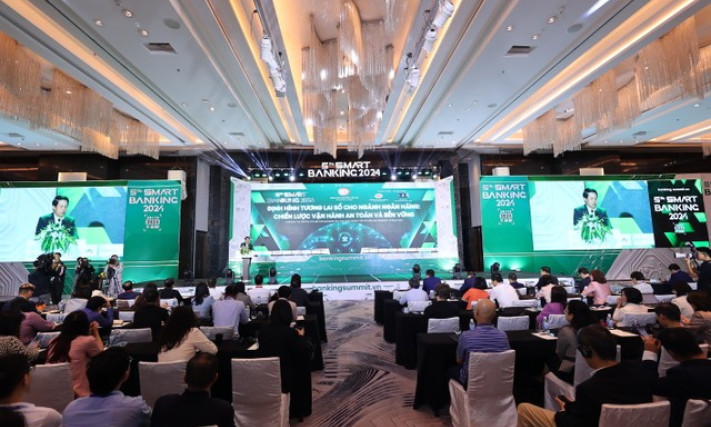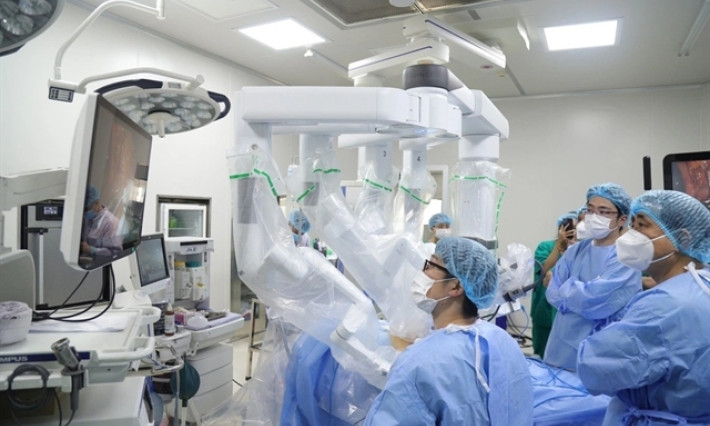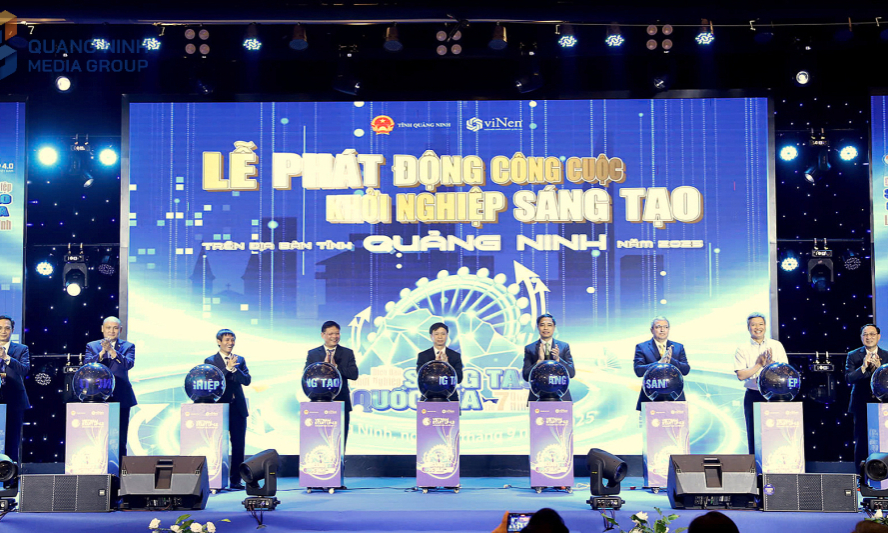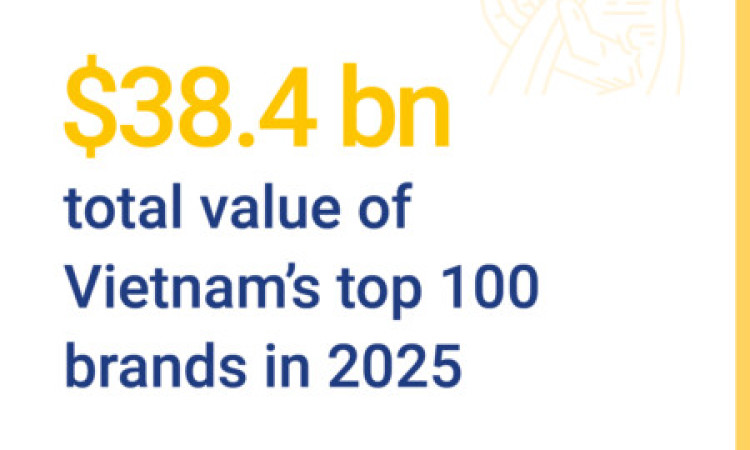VCCI calls for greater support for R&D costs of FDI firms
The Vietnam Chamber of Commerce and Industry (VCCI) has proposed increasing the support for research and development (R&D) costs to over 50% for foreign direct investment (FDI) businesses, it said in policy feedback requested by the Ministry of Planning and Investment.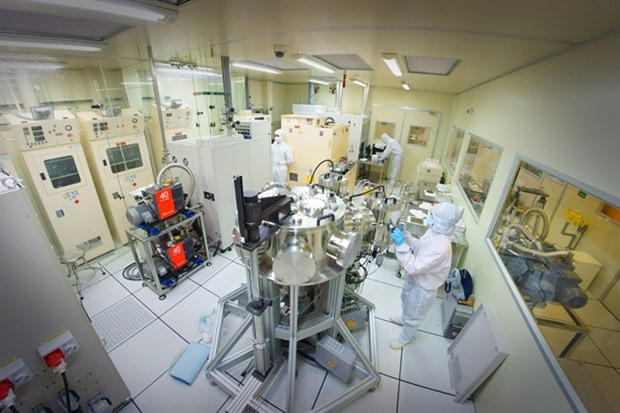
The VCCI said as Vietnam is to impose additional corporate income tax under the global minimum tax, it would be a good time to upgrade the country's investment support policies as well, saying they would provide both challenges and opportunities for the Southeast Asian country.
According to the VCCI, investment support policies offer flexibility, allowing the state to select the target, form and content of support to guide enterprises in investment activities, aimed at producing positive outcomes for society. Therefore, while designing investment support policies, it is essential to choose options that can realise more than one objective, those that support business enterprises and produce positive, long-term impacts on Vietnam's socio-economic development.
The chamber said the current 50% limit on R&D costs for FDI businesses should be reviewed and reconsidered. The VCCI advised that the support level could go up as high as 75%, given that the FDI would employ a sufficient number of local talents for the job. In addition to the spill-over effect on the economy, the new incentive would help encourage closer collaboration among businesses and research institutions, enhancing their capabilities and contributing to the scientific and technological development of the country.
In addition, the chamber recommended adding criteria concerning the nationality of directly employed researchers to promote the recruitment of Vietnamese researchers and scientists to conduct R&D activities.
Regarding support for fixed asset investment costs, up to a 40% maximum, both movable and immovable assets must be made available to high-tech sector R&D for at least three years. Meanwhile, the chamber suggested a more detailed classification of support levels based on asset types with a clear preference for immovable assets.
"Such policies help incentivise businesses to make and spend in Vietnam, instead of moving production elsewhere," said the chamber in a statement.

